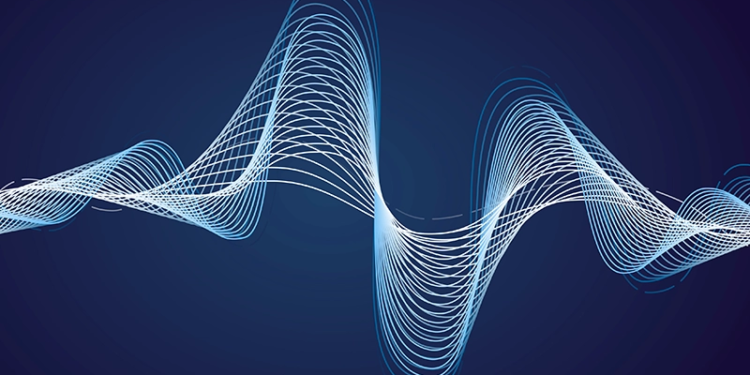New research by biomedical engineers at the University of Minnesota (U of M), Minneapolis, shows that people who practice yoga and meditation long term can learn to control a computer with their minds faster and better than people with little or no yoga or meditation experience. They say the research could have implications for treatments of people with paralysis or neurodegenerative diseases, and for people who use prosthetic limbs. The research was published online in the September issue of TECHNOLOGY, a new scientific journal featuring new technologies in emerging fields of science and engineering.
The study cohort involved 36 participants. A group of 12 had at least one year of experience practicing yoga or meditation at least two times per week for one hour. The second group included 24 participants who had little or no yoga or meditation experience. Both groups were new to systems using the brain to control a computer. Both groups participated in three, two-hour experiments over four weeks in which they wore a high-tech, noninvasive cap over the scalp that picked up brain activity. The participants were asked to move a computer cursor across the screen by imagining left- or right-hand movements. The participants with yoga or meditation experience were twice as likely to complete the brain-computer interface (BCI) task by the end of 30 trials and learned three times faster than their counterparts for the left-right cursor movement experiments.
“In recent years, there has been a lot of attention on improving the computer side of the brain-computer interface but very little attention to the brain side,” said lead researcher Bin He, PhD, a biomedical engineering professor in the U of M College of Science and Engineering and director of the U of M’s Institute for Engineering in Medicine and Center for Neuroengineering. “This comprehensive study shows for the first time that looking closer at the brain side may provide a valuable tool for reducing obstacles for brain-computer interface success in early stages.”
Researchers have been increasingly focused on finding ways to help individuals who have paralysis, have lost limbs, or suffer from diseases such as amyotrophic lateral sclerosis (ALS) or cerebral palsy (CP). In these cases, brain function remains intact, but these people have to find a way to bypass muscular control to move a wheelchair, control an artificial limb, or control other devices.
He said he got the idea for the study more than five years ago when he began his BCI research and noticed one woman participant who was much more successful than other participants at controlling the computer with her brain. The woman had extensive experience with yoga and meditation. The next step for He and his team is to study a group of participants over time who are participating in yoga or meditation for the first time to see if their performance on the BCI improves.
“Our ultimate goal is to help people who are paralyzed or have brain diseases regain mobility and independence,” He said. “We need to look at all possibilities to improve the number of people who could benefit from our research.”




